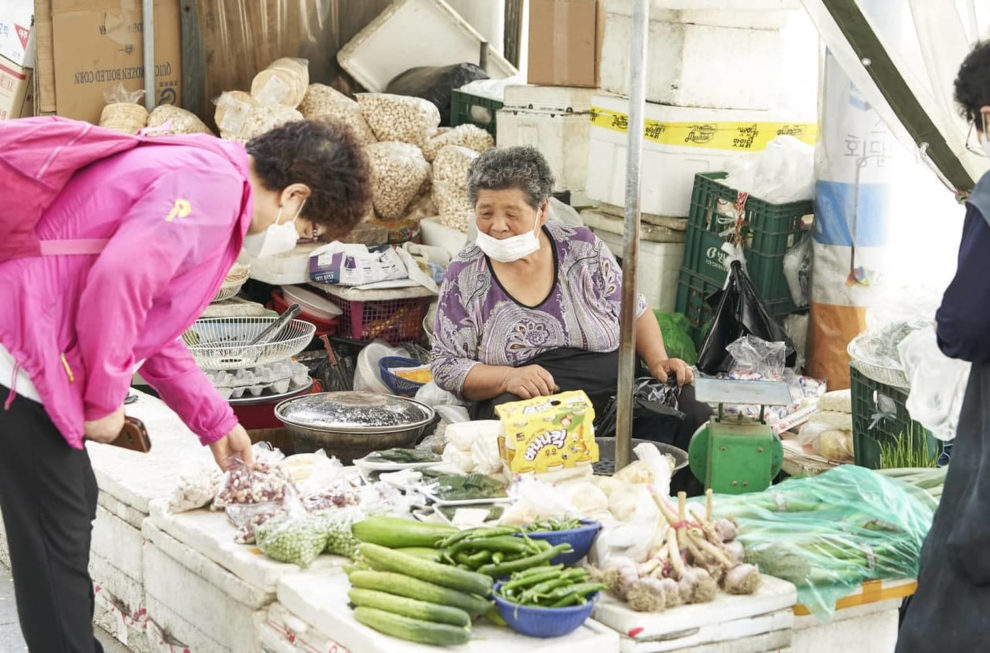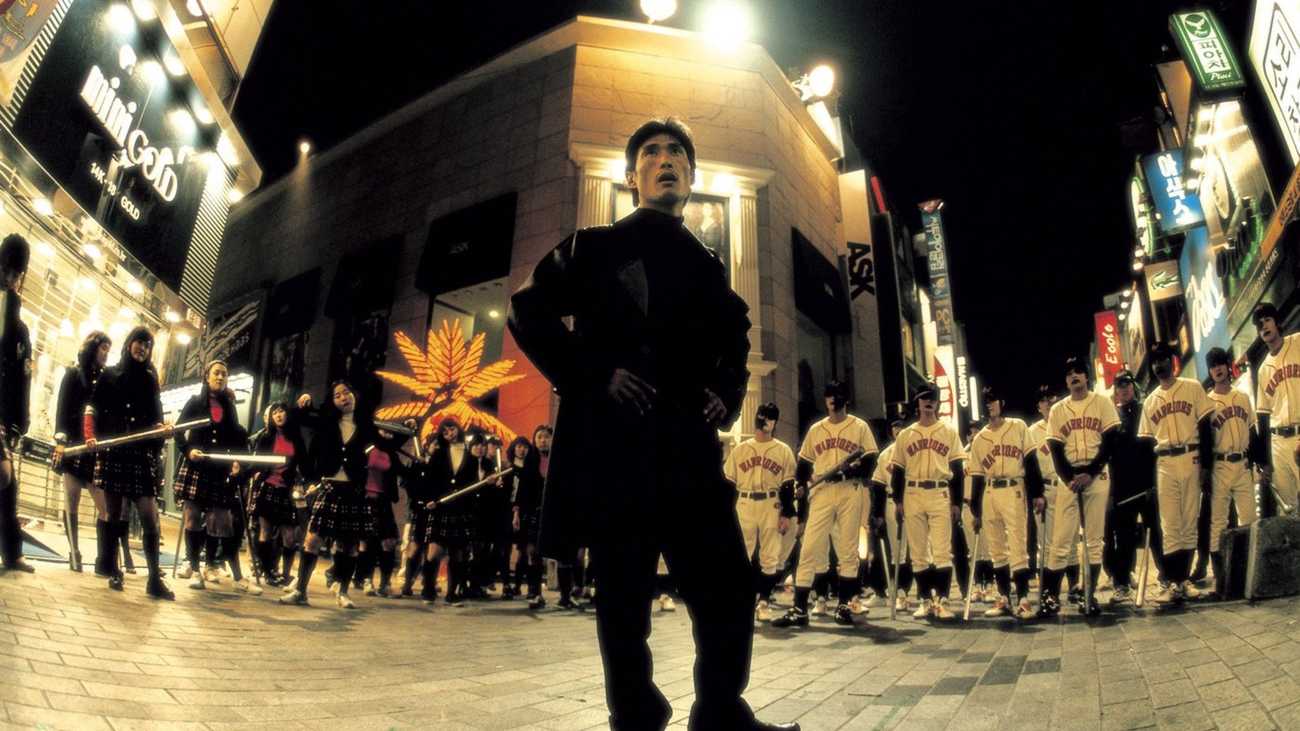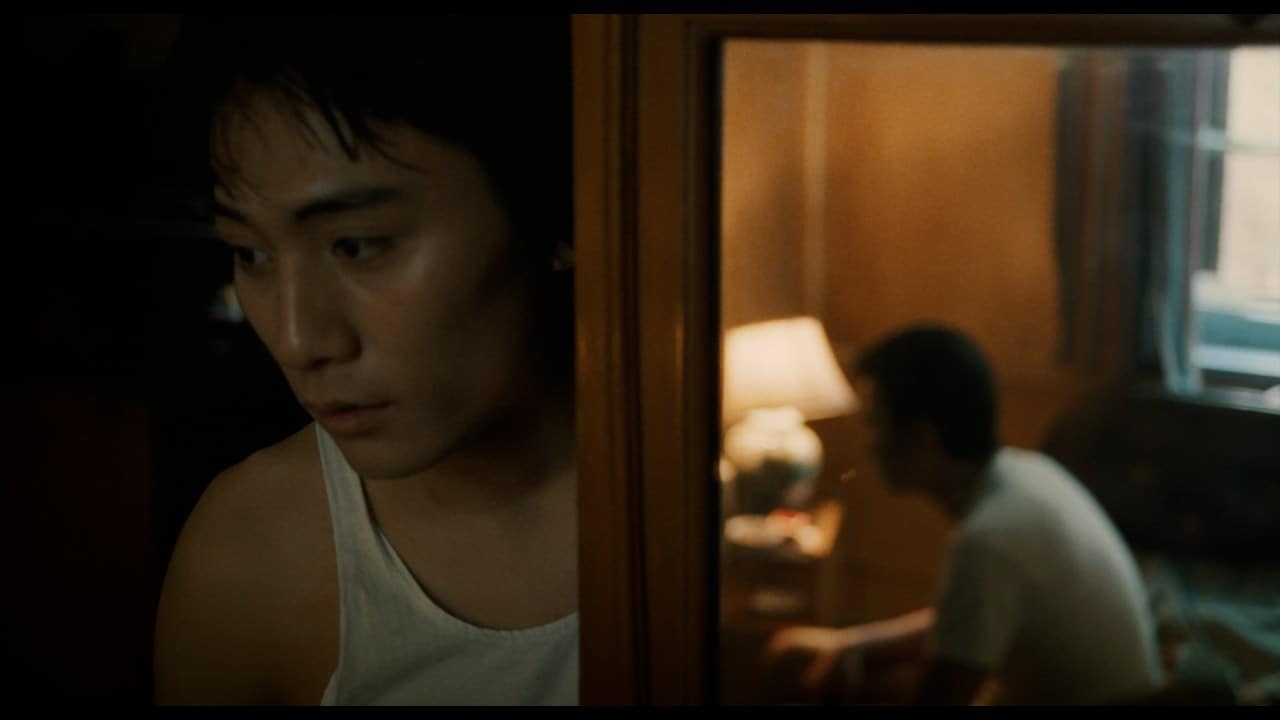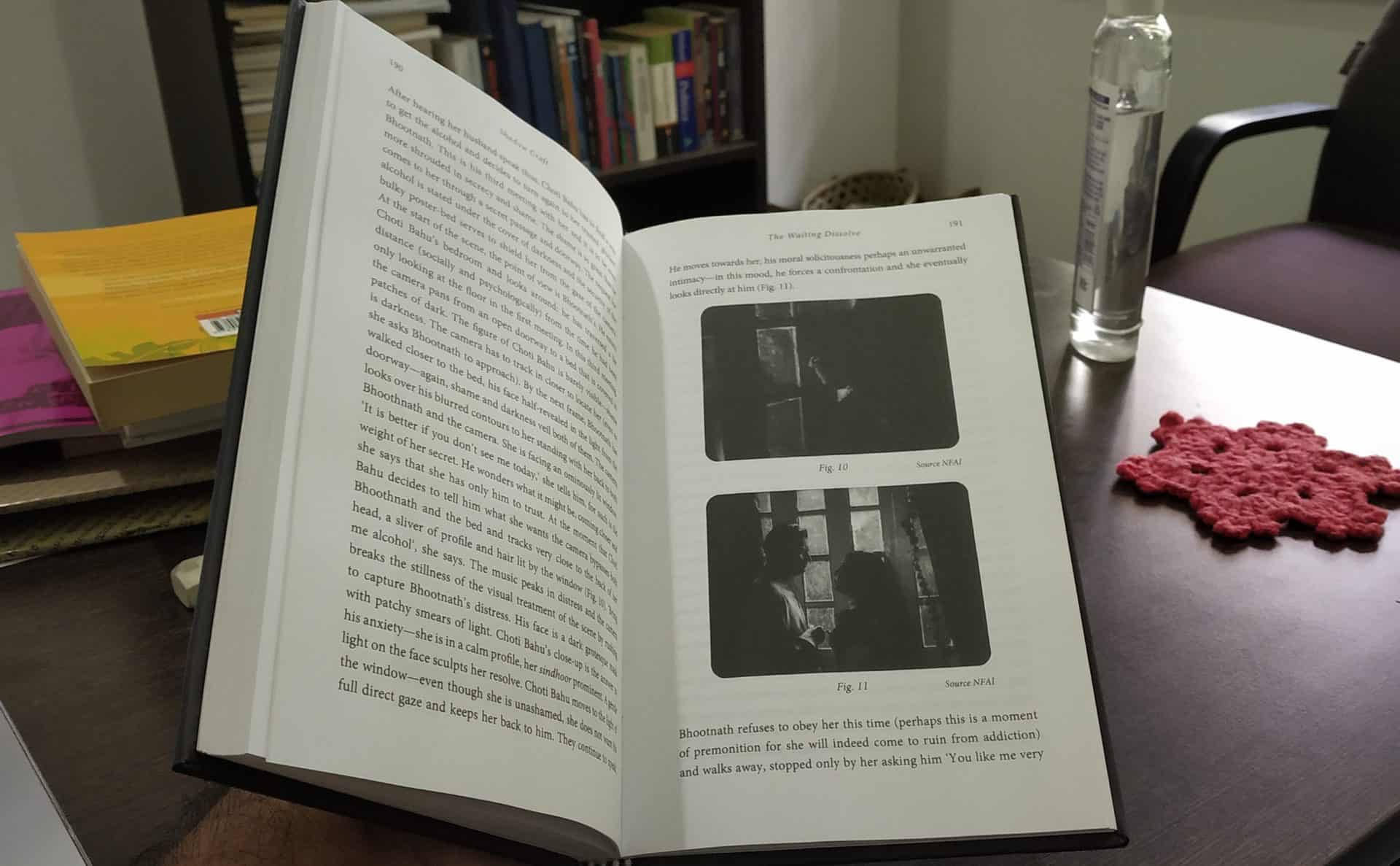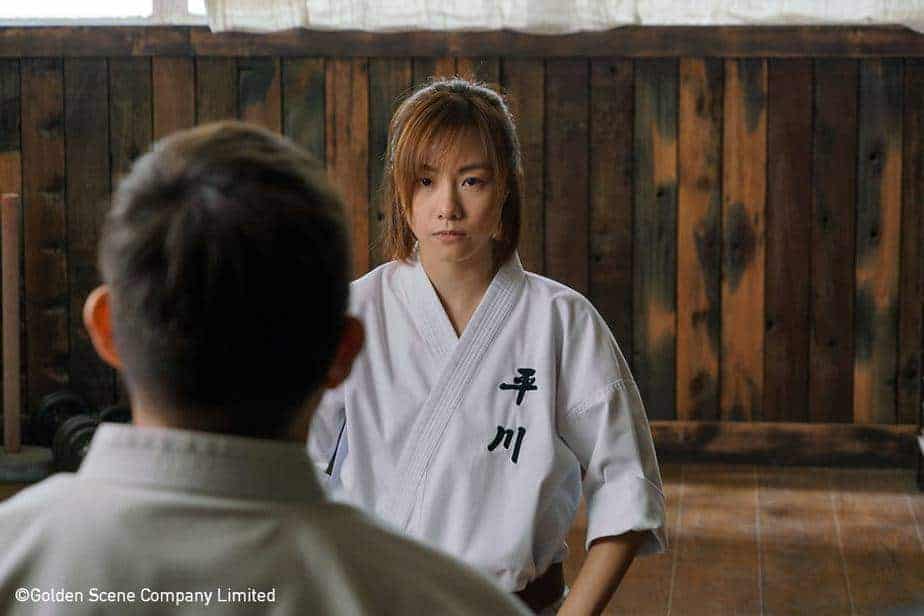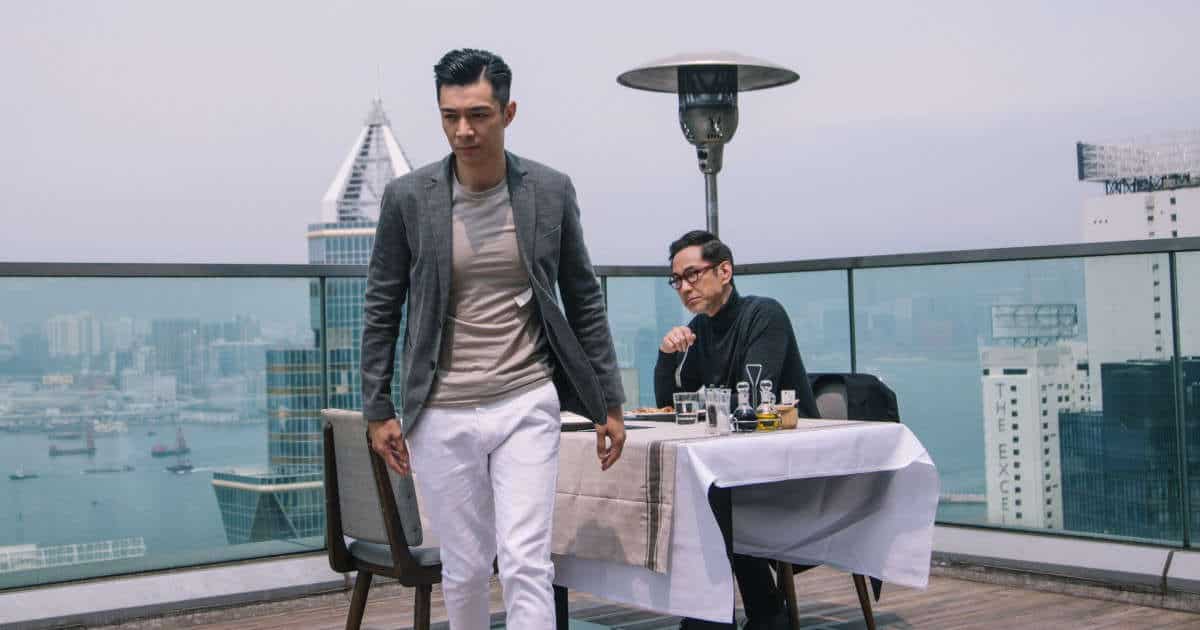As the population of SE Asia, and particularly of Japan and Korea is aging more and more, the documentaries and movies about the eldery produced are also increasing in numbers, although they are still a small part of the yearly filmography of these two countries. One of the reasons for that second aspect is that the lives of septuagenarians and octogenarians that usually “star” in those films is not exactly spectacular, occasionally resulting in movies that become rather difficult to watch. Kim Jin-yeoul has found a way around this issue, by focusing on the 83-year-old street peddler Kim Jong-boon, but also including a rather lengthy political arc in “Kim Jong-boon of Wanghshimi”, in the most interesting aspect of an overall intriguing life.
“Kim Jong-boon of Wangshimni” is screening at Udine Far East Film Festival

The titular woman has been a peddler in Wangshimni for 50 years. At the age of 83, she does not need to earn a living at her street stall, under any kind of weather conditions as the snowed setting at one point reveals, but still works because she doesn't want to disappoint her regulars, but also, like many people her age, because that is the life she has gotten used and sees no point in changing it. However, she is not alone, since a number of similar-aged friends also offer companionship and friendship, both during the working hours and occasionally during the night, when they get together to play cards.
After this introduction, the story of Kim Jong-boon starts being presented on screen, both through her narration, that highlights the hardships she had to face in her life, doing back-breaking jobs since she was very young in order to support her family and raise her children, and through her children's, who present a really self-sacrificing individual, who would do anything for them. At the same time, her narration also focuses on the ways Seoul changed, with both her photos and of the city, along with video footage, presenting the radical shaping it underwent over the decades.

It is somewhere here where the story of one of her daughters begins, along with one of the darkest parts of contemporary Korean history, when then President Ron Tae-woo, a protege of the late Chun Doo-hwan, engineered a political suppression campaign to thwart student democracy movements, which resulted in mass protests around the country. During a demonstration in 1991, many protesters were brutally suppressed by police, resulting in several deaths, including Jong-boon's daughter, Gui-jeong, a college activist at the time. The story of her daughter, from childhood until her untimely death is presented through interviews with classmates and teachers, along with her family's, who create a portrait of a rather interesting individual. The speech Jong-boon gave to an assembly of students after her death is one of the most impactful moments of the movie, along with the footage of the demonstrations and their violent suppression. Letters the girl wrote during those days conclude a rather thorough presentation but what follows is equally interesting and dramatic, with the efforts of a number of parents to reveal the truth for the death of their children, which the government tried to cover up through intense propaganda, presenting a rather captivating success story.
The documentary ends with a return to the current everyday life of Jong-boon, concluding the portrait of an ordinary woman who lived a remarkable life.
The amassing of all the narrative elements here (interviews, footage, photos etc) showcases the thoroughness of Kim Jin-yeoul's research and overall work for the movie, with Nam Tae-jae's editing, particularly regarding the succession of all these aspects, emerging as ideal, particularly for the placement of the arc of the daughter, which provides a much needed relief from the everyday lives of a series of octogenarians. At the same time though, and although the sociopolitical aspect of the documentary works quite well, at 102 minutes, the film still emerges as rather long, with the current life of Kim Jong-boon being one that will very hardly retain interest for anyone who does not share at least some similar experiences. The ending in particular, despite some very beautiful images of Seoul under snow, courtesy of cinematographers Lee Kang-min, Kim Jin-yeoul and Ko Dong-sun, is rather hard to watch, since the sense that the movie should have ended some time before, is more than palpable.
In the end however, “Kim Jong-boon of Wangshimni” emerges as a rather interesting documentary, that presents a great parallel between the life of the protagonist and her family and that of the country.


